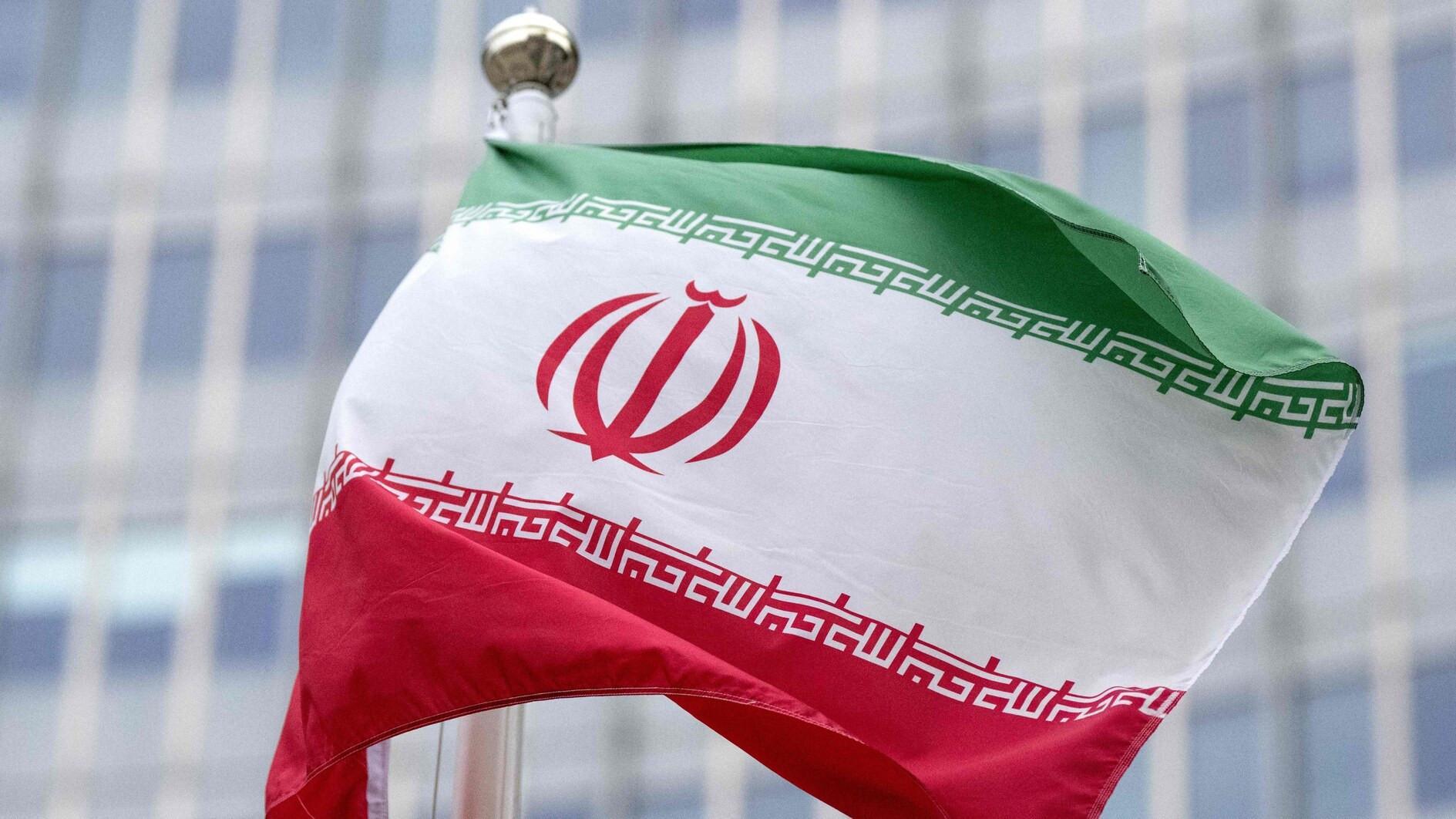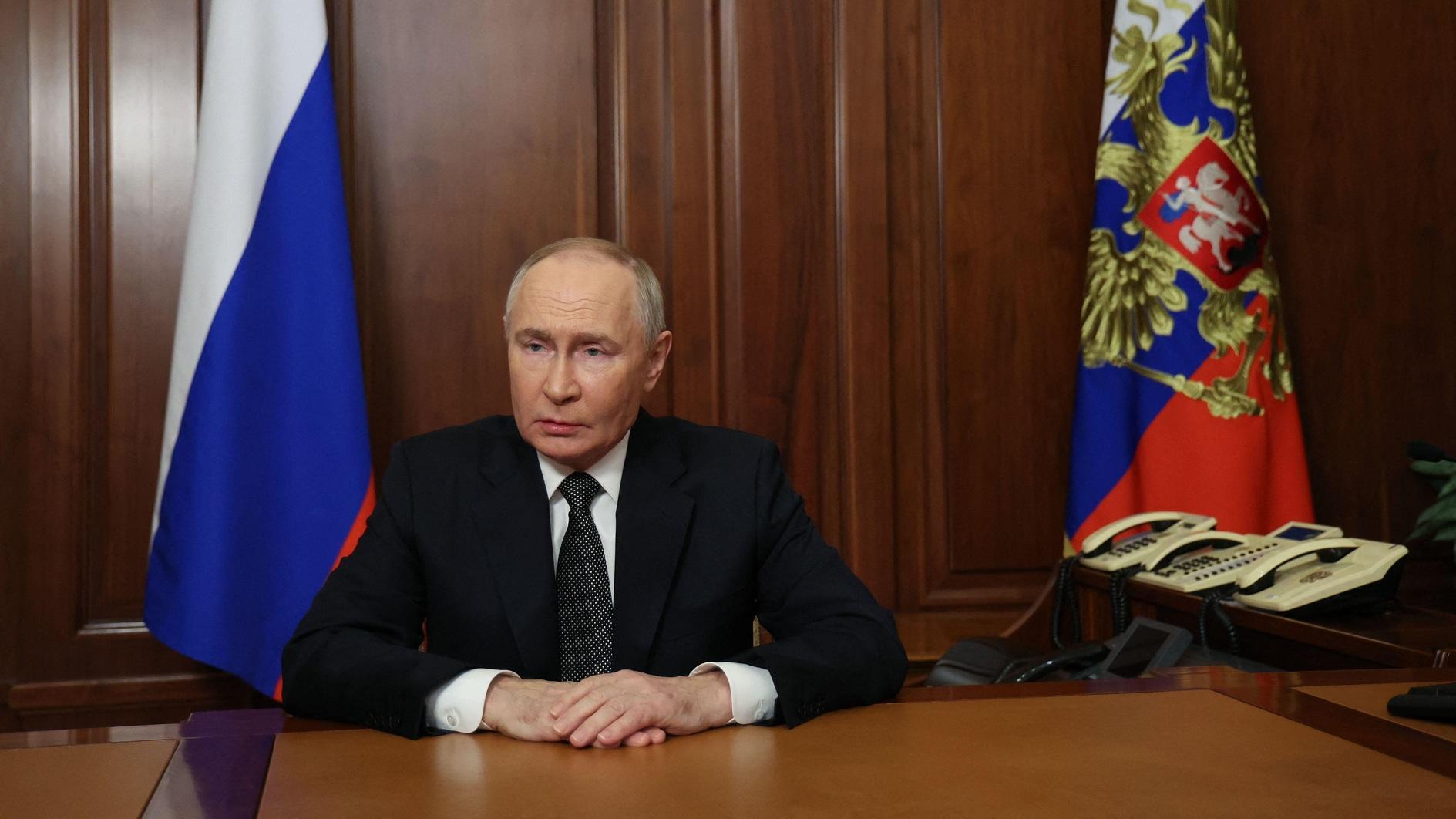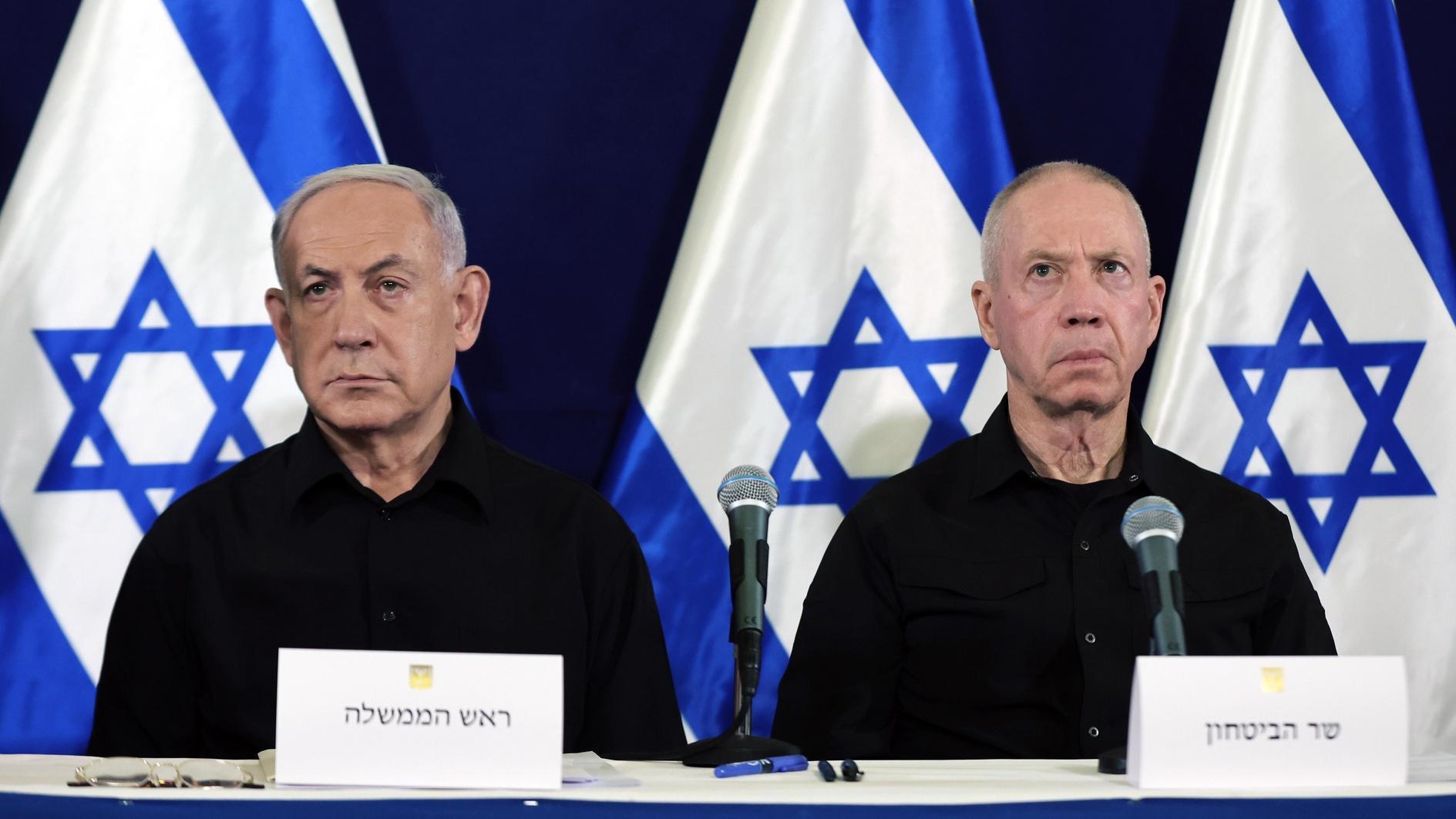The future of European defense: NATO or an EU army?
ŞAFAK OĞUZ
Since the beginning of the post-Cold War era, the EU has been working to develop its own security and defense policy and establish its own military independent of the U.S. The Union agreed on a common policy that took into consideration good relations with Russia, and asked the U.S. to reduce its military assets in Europe and withdraw tactical nuclear weapons located in five states, including Turkey. The Union felt it was ready to decouple from the U.S. and NATO to some extent, and become a global player on its own.However, the conflict in Ukraine demonstrated that despite the ambitions of some members and the concrete steps that were taken, the EU has not succeeded in developing effective security and defense policies with global impact. The major cause of this failure has been the inherent difficulty in reaching consensus among the 27 member states, who often pursue different agendas. Specifically, the significant variance in members’ positions on foreign and security policies hinders reaching consensus in the Union.
Despite significant pressure from the U.S. and NATO’s worried Eastern European members, countries enjoying good relations with Russia – notably France, Germany, and Italy – refrained from challenging Russia, trying instead to mitigate the crisis via diplomacy at the onset. Further Russian activities, and especially its annexation of Crimea, soon closed the rift in the Alliance, and NATO once again assumed its traditional role as a preeminent military organization in countering Russian military activities and threats.
The Wales Summit served as a turning point for the solidarity and cohesion of the Alliance, as the Allies agreed upon measures to counter the Russian threat. The main outcome of the summit was an emphasis on deterrence, the assurance of Europe, and an agreement on new measures – namely the Readiness Action Plan, whose purpose was to ensure a swift and robust NATO military force.
The Readiness Action Plan consisted of assurance and adaptation measures. Assurance measures included continuous air, land, and maritime presence and activities in Eastern Europe, specifically in the Baltic countries and Poland, on a rotational basis designed to reassure members of NATO’s solidarity and commitment against Russian aggression. Adaptation measures envisaged major structural and functional changes in NATO’s military system. The Very High Readiness Joint Task Force of around 5,000 troops was established for rapid reaction, and the capabilities of the NATO Response Force tripled to around 30,000 troops.
The EU is at a crossroads in deciding which deterrence platform to adopt against the threat of Russian hybrid warfare: a European military under The Common Security and Defence Policy (CSDP), or NATO, which already fulfills the security task of deterring and dissuading Russia against incursions in Europe. The European military option seems problematic in the short-term, as the Ukrainian crisis revealed the limits and ineffectiveness of the CSDP in providing security for its own continent due to the EU’s inability to provide a common, sound, and solid policy against Russia. Recent calls from EU foreign policy chief Federica Mogherini and European Commission President Jean-Claude Juncker for a common policy and a European military did not garner support, but rather opposition, from Eastern Europeans, who feel under imminent Russian threat and rely on the presence of NATO in their territories – especially on U.S. troops.
The possibility of a nuclear confrontation between Russia and NATO only bolstered Eastern Europe’s adherence to the Alliance and the U.S., despite the efforts of major players in the EU to reduce the presence of NATO and U.S. influence especially to a minimum.
Britain’s impending exit from the EU is also expected to result in considerable diminution of the Union’s defense and security capabilities, since Britain numbers among the strongest military powers in the Union. For these reasons, the EU should turn the Ukrainian crisis into an opportunity and should cooperate with NATO rather than competing against it. In particular, the EU should take responsibility for civilian missions in operations, a sphere in which they are regarded as highly successful and competent.
*Dr. Şafak Oğuz is a Security Expert at the International Strategic and Security Research Center (Uluslararası Strateji Ve Güvenlik Araştırmalar Merkezi – USGAM) in Ankara. This is an abridged version of the original article published in Turkish Policy Quarterly’s (TPQ) Spring 2017 issue.











